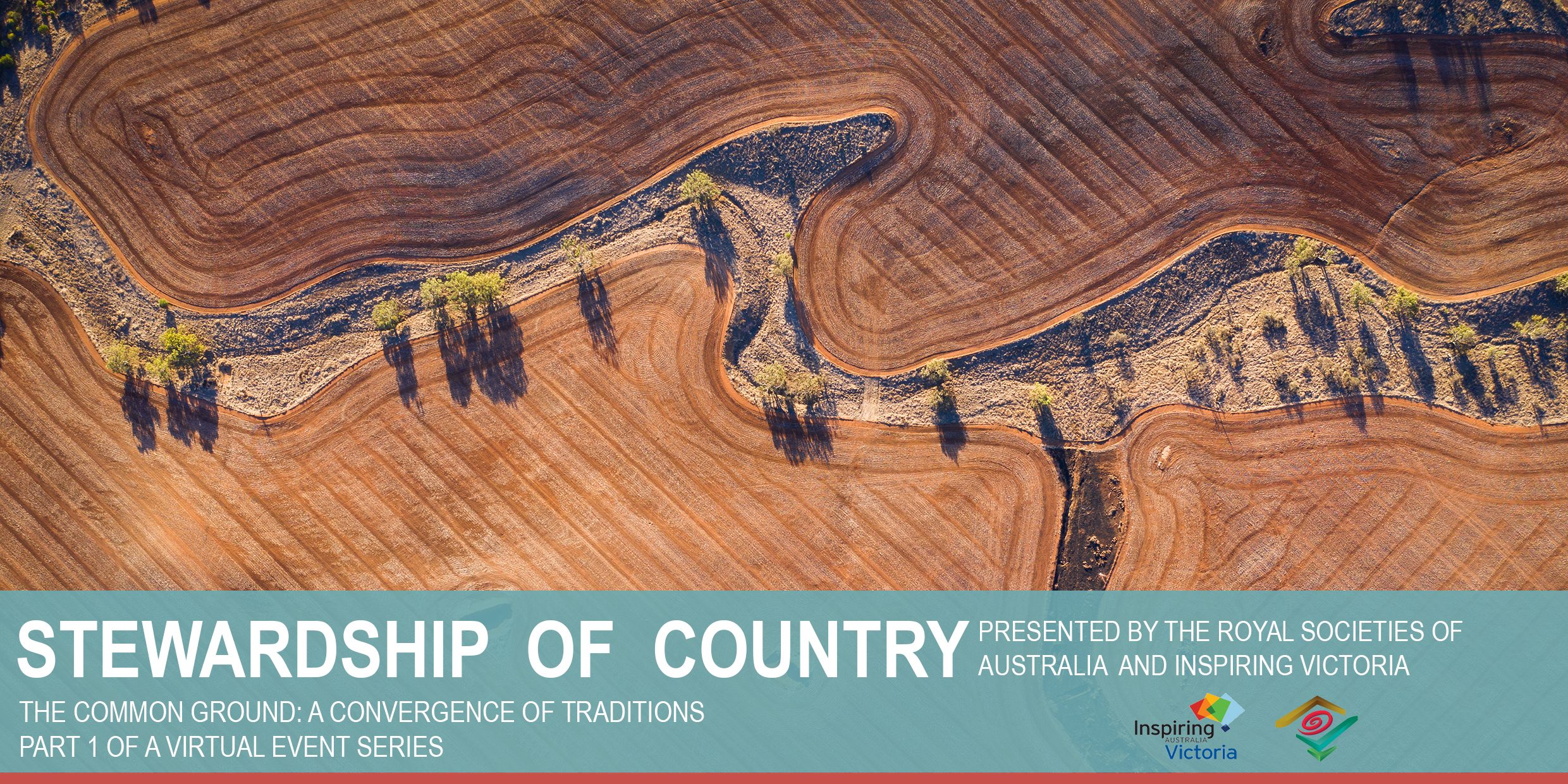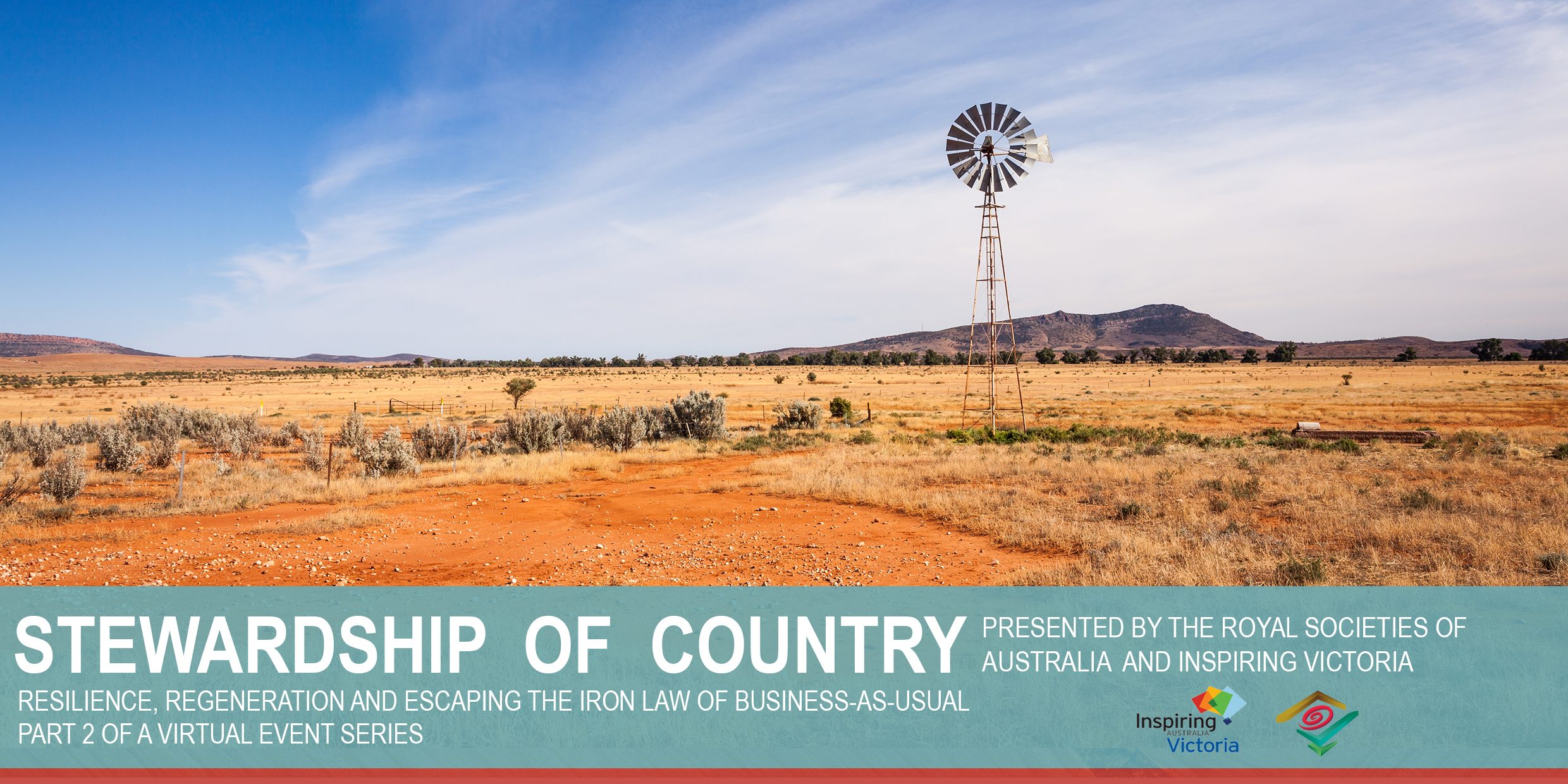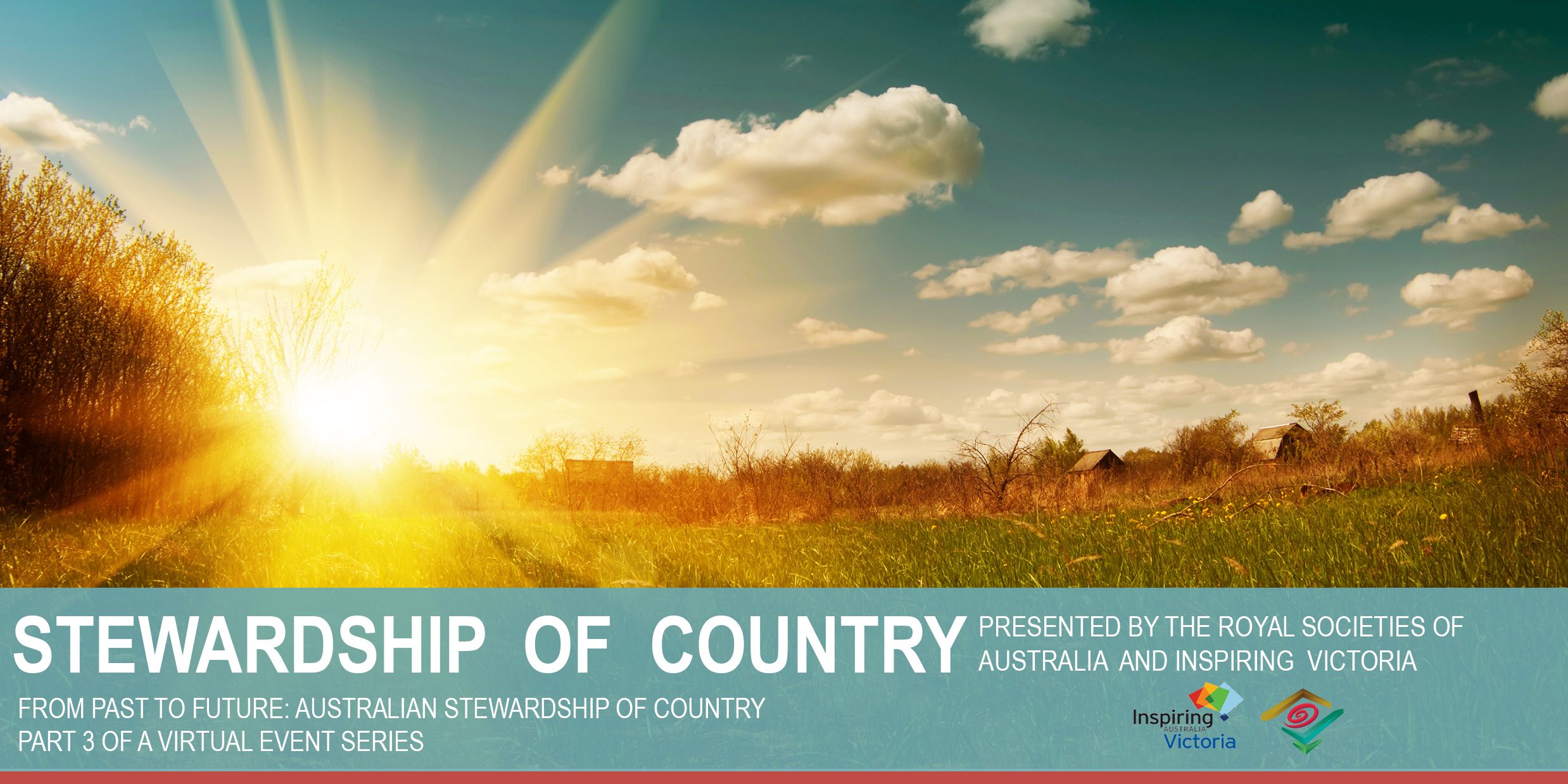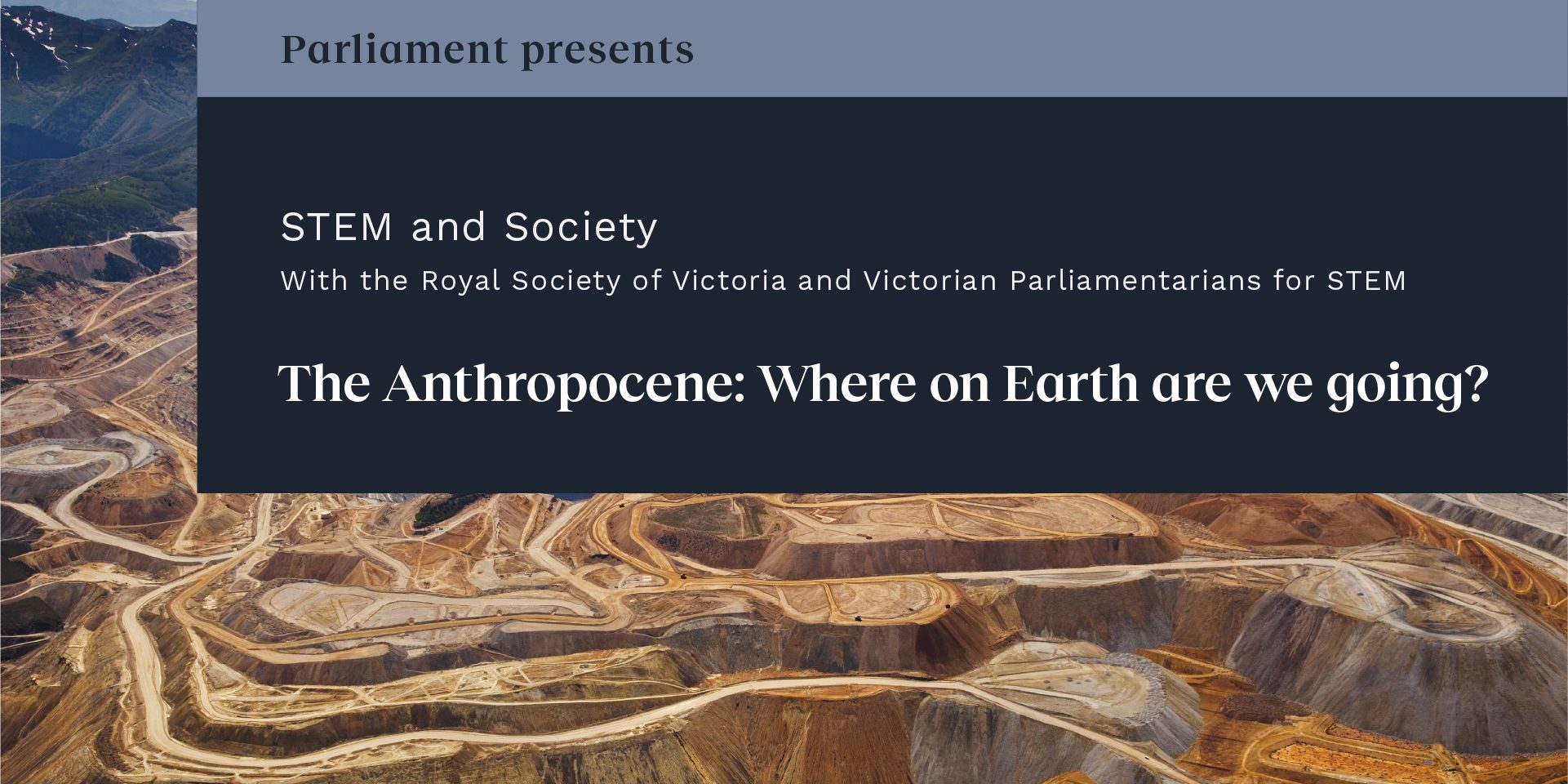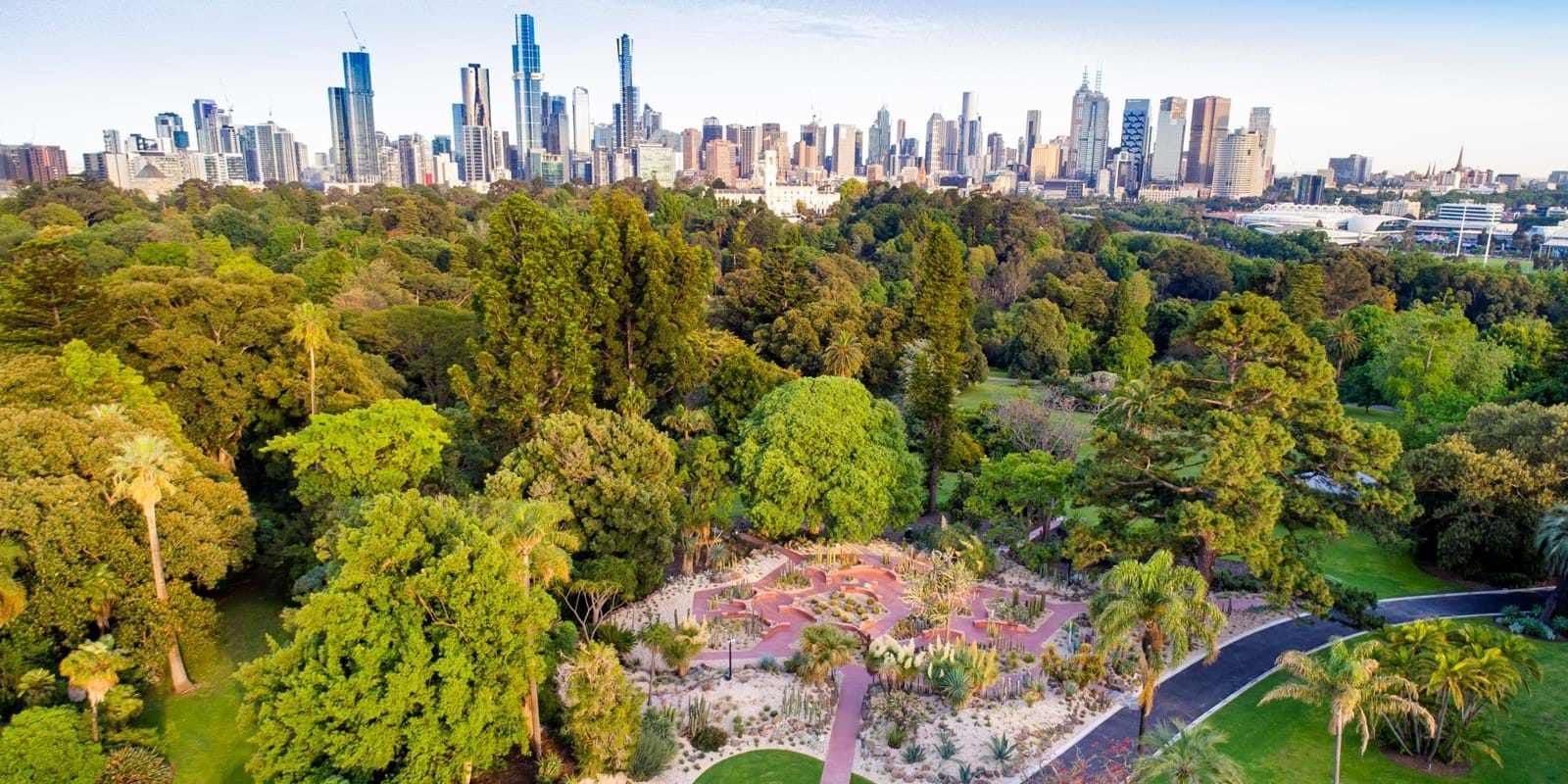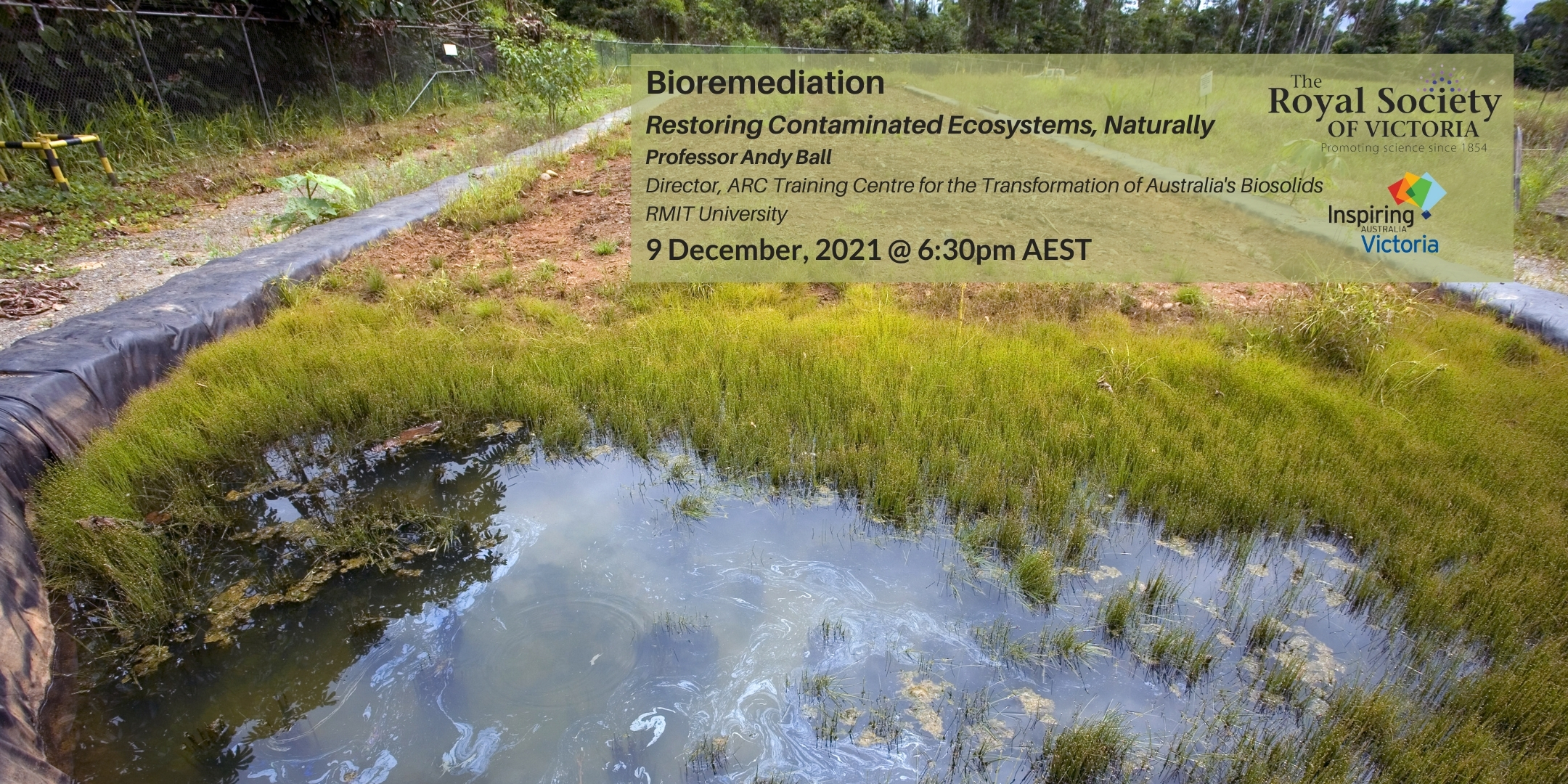Stewardship of Country – The Common Ground
Focussing on the convergence of knowledge traditions: traditional European farming practices, ecological sciences based on European classification systems, and the complex Australian Indigenous knowledge systems developed and maintained over a truly astonishing stretch of time, offering a deep cultural understanding and relationships with "country" to help us determine our common future in Australia.

